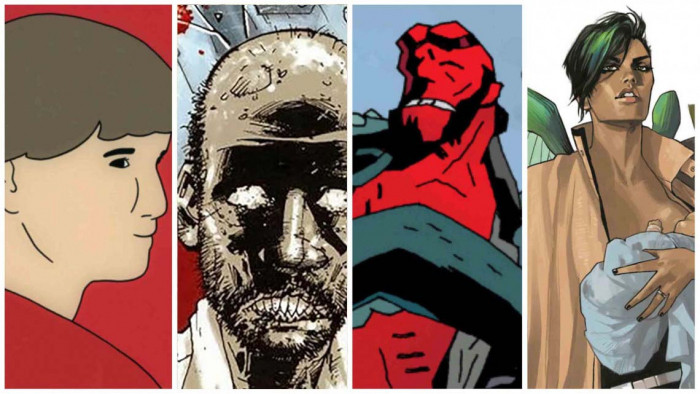Count Dracula was actually inspired by 'a priest from Devon'
Count Dracula was actually inspired by 'a priest from Devon'


Here’s one to sink your teeth into.
Forget everything you thought you knew about literature’s most famous blood-sucking demon – new research claims that Count Dracula, the virgin killer vampire from Bram Stoker’s 1897 novel wasn’t from a gothic castle in Transylvania, but a seaside resort in Devon, South West England.
For years, it’s been believed that Stoker found inspiration for his career-defining book from Vlad the Impaler, the 15th-century prince who earned his gory nickname after inviting hundreds of enemies to dine with him at a banquet, only to stab them to death and impale their corpses on spikes.
However, writer Andy Struthers, author of new book ‘Dracula Incarnate: Unearthing The Definitive Dracula’, believes the stake-hating fangy killer was in fact inspired by a somewhat less ghastly character much closer to home, in the form of Sabine Baring-Gould, a God-obeying priest from Exeter in Devon.
Struthers believes that Irish author created Dracula after reading Baring-Gould’s work, which includes vampire stories and tales of werewolves.
"The book of werewolves and the vampire tale provided Stoker with elements of his story, and virtually everything he needed for the creation of his vampire Count, possibly including the voice of his vampire, which was female,” Struthers says. "People will be surprised and sometimes shocked by my findings, as most of what they now hold true will be proven to be false. It's a bit like finding out who Father Christmas really is."
Adding to the legitimacy of Struther’s argument, Exeter does appear in the original Dracula novel as the city character Jonathan Harker leaves from to make his ill-fated journey to Transylvania.
"Exeter was included in the novel as a way of saying thank you to Baring-Gould, and the masses of material that he had provided the Irish author with,” believes Struthers.
Which we imagine die hard fans of the original book might not be too stoked to hear.
[Via: Daily Mail]
[Images: Allstar]








